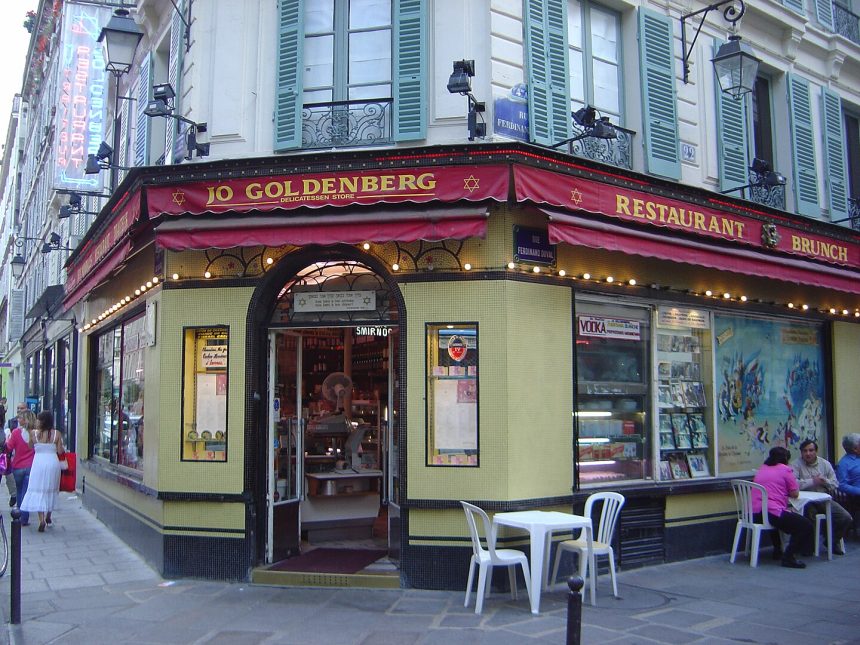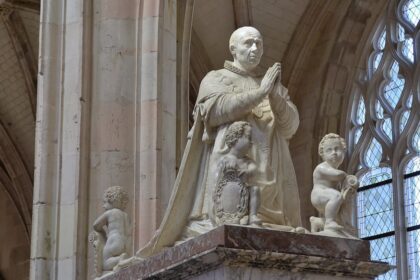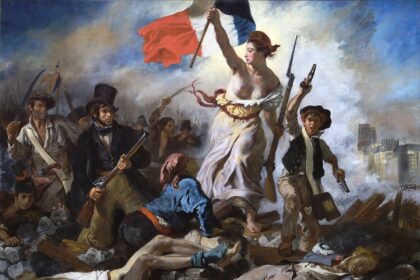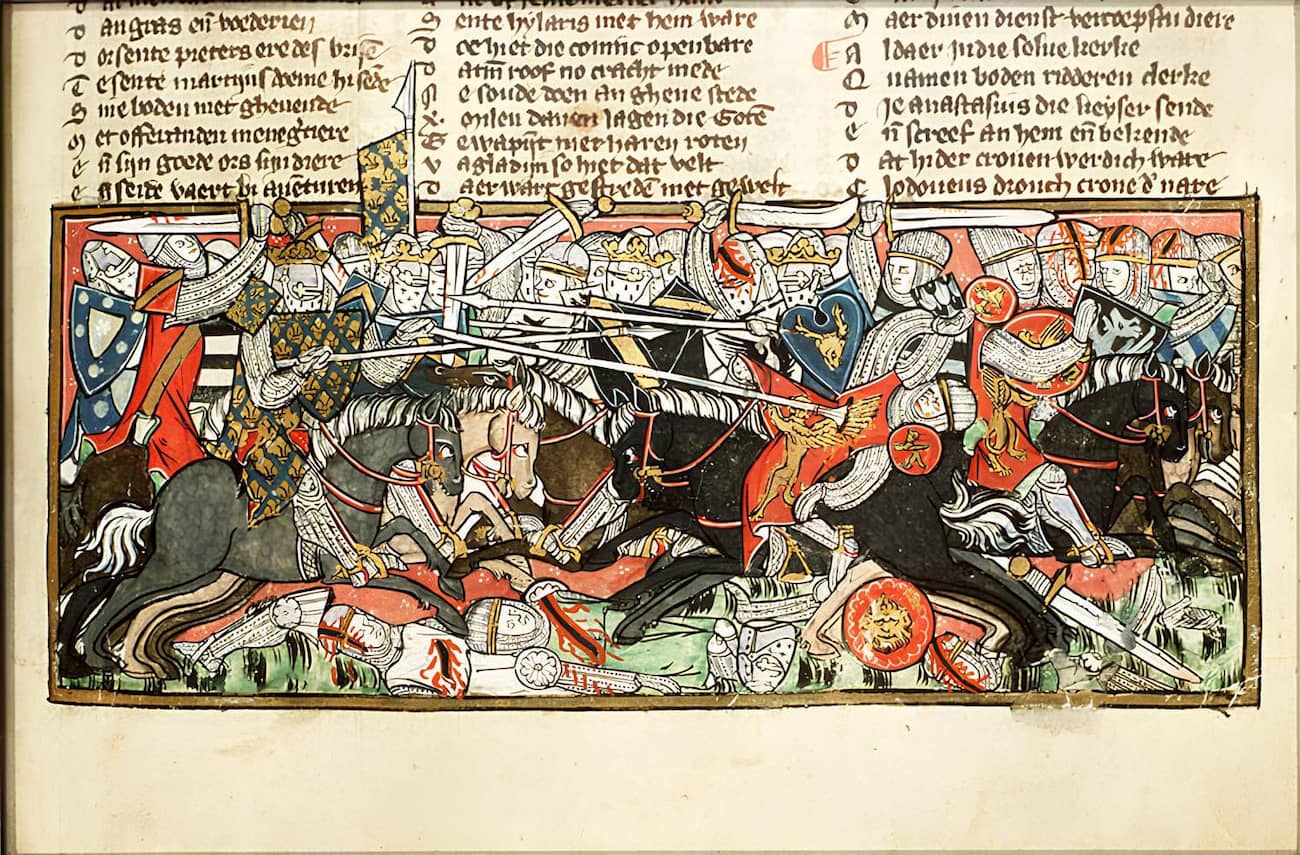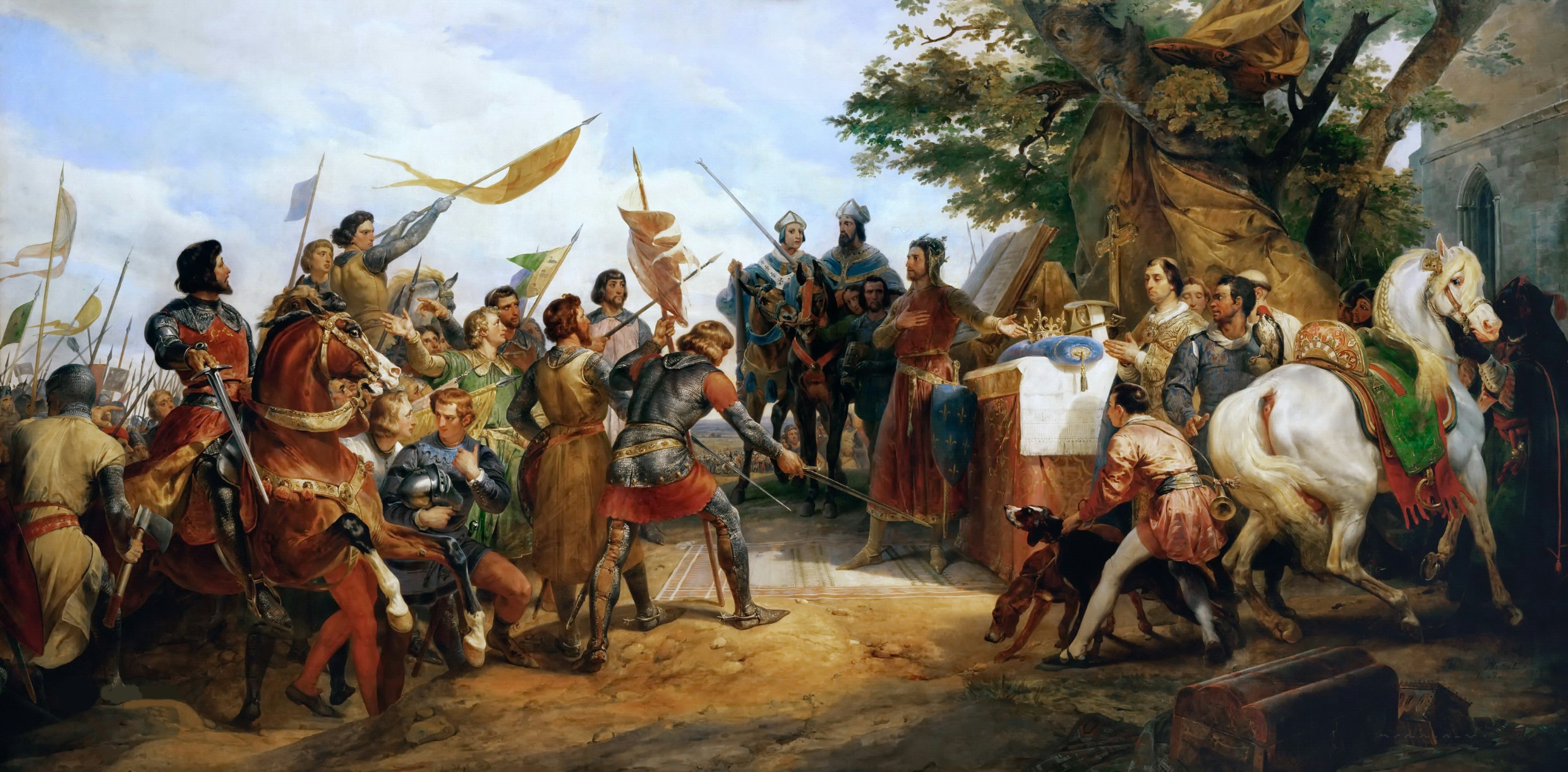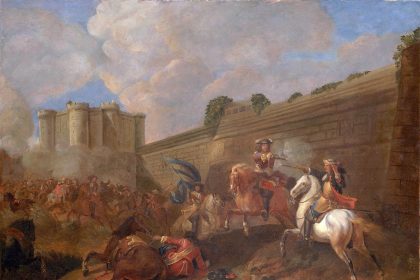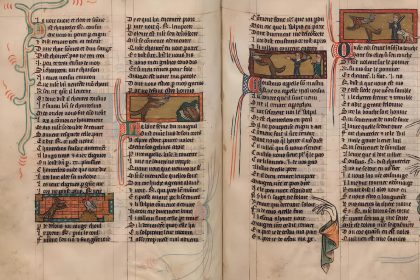In the tense climate of the Israeli-Palestinian conflicts in Lebanon, this massacre occurred. The terrorists targeted the Jewish quarter of the Marais and, more specifically, a kosher restaurant, the Jo Goldenberg, located on Rue des Rosiers in Paris. They attacked on August 9, 1982, in the early afternoon, armed with grenades and submachine guns. They killed six people and wounded 22 others. Law enforcement failed to intercept the assailants as they fled. This attack fueled tensions and increased French distrust toward President François Mitterrand, who was criticized for a pro-Palestinian policy. He promised to combat terrorism, and an investigation began. As some witnesses contradicted each other and the attack was successively attributed to various groups, the investigation stalled. In 2020, after forty years of judicial wandering, Palestinian Abou Zayed, the main suspect in this case of anti-Semitic attack, was incarcerated pending his trial.
- What Were the Reasons for the Attack on Rue Des Rosiers?
- How Did the Attack on Rue des Rosiers Unfold?
- Who Are the Victims of the Attack on Rue des Rosiers?
- How Was the Investigation Into the Attack on Rue des Rosiers Conducted?
- What’s the Secret Pact for the Attack on Rue des Rosiers?
- What Are the Consequences of the Attack On Rue des Rosiers?
What Were the Reasons for the Attack on Rue Des Rosiers?
The Israeli-Palestinian conflict, which has torn the Middle East apart since the 1920s, has repercussions even in Europe. Indeed, tensions run high between the two communities. The Palestinian national sentiment grew even stronger following the crushing defeat of the Six-Day War in 1967; this sense of injustice breeds a desire for revenge and motivates some to commit anti-Semitic attacks. A bomb attack targeted the Copernic Street synagogue in Paris on October 3, 1980, a day of celebration for Jews. The bomb attack left four people dead and 46 injured. This is the first anti-Semitic attack in France since the end of the war. In 1982, the Israeli-Palestinian conflict took a new turn as Israel invaded Lebanon. The goal was to push back the PLO (Palestine Liberation Organization) forces that were bombarding Galilee from the south of the country. Despite the United States securing a ceasefire, tensions intensified, leading to the alleged attack on Rue des Rosiers in August by members of the Fatah-Revolutionary Council.
How Did the Attack on Rue des Rosiers Unfold?
On August 9, 1982, a small group of terrorists attacked the kosher restaurant “Jo Goldenberg” at the corner of Rue des Rosiers and Rue Ferdinand Duval. This restaurant, named after its owner, is located in the Jewish quarter of the Marais in Paris. It is the specific target of this anti-Semitic attack without a clear motive. The tragedy occurred at 1:15 PM, with about fifty customers seated. The assailants (either 2 or 5 according to witnesses) burst in, dressed in gray suits and armed with black bags concealing their weapons. They start by throwing a first grenade into the restaurant, opening fire with submachine guns, throwing a second grenade, and then fleeing while continuing to shoot at the crowd somewhat randomly. A plainclothes policeman present in the restaurant tries to retaliate, but Marco Goldenberg, the son of the restaurant owner, thinking he is one of the terrorists, shoots him and seriously wounds him.
Who Are the Victims of the Attack on Rue des Rosiers?
Despite the attack lasting only three minutes, it claimed the lives of six people (three men and three women) and injured 22 others. They are the restaurant’s primary customers and employees. The terrorists continued to shoot as they fled, striking a few passersby with machine gun fire. As previously mentioned, Marco Goldenberg also inflicted injuries on a plainclothes policeman. Among the victims are two American citizens.
How Was the Investigation Into the Attack on Rue des Rosiers Conducted?
Jean-Louis Bruguière, the anti-terrorism judge, is leading the investigation into this attack. It is particularly laborious. Witnesses diverge, making it impossible to pinpoint the precise number of attackers. Moreover, the attack is initially claimed on behalf of an anarchist-communist organization called Action Directe. They deny it, and suspicions then turn to a dissident Palestinian group led by Abu Nidal: the FCR (Fatah-Revolutionary Council). Since they, contrary to their usual practice, do not claim the attack on Rue des Rosiers and no suspects are arrested, doubt remains. A neo-Nazi lead is even mentioned before being abandoned. In 2007, Judge Marc Trévidic took over the investigation and decided to conduct interrogations anonymously. These incriminate the FCR. In 2015, France issued international arrest warrants against three main suspects: Mouhamad Souhair Al-Abassi, Mahmoud Khader Abed Adra, and Abou Zayed. Only the latter was extradited from Norway in 2020 and placed in detention. As of 2023, he is still awaiting trial.
What’s the Secret Pact for the Attack on Rue des Rosiers?
Le Parisien published an article on August 8, 2019, detailing revelations made by Yves Bonnet, the former head of the Directorate of Territorial Surveillance (DST). He confesses before the court the existence of a secret agreement between France and the terrorist group Abu Nidal, potentially linked to the attack on Rue des Rosiers in 1982. This oral pact would have allowed members of Abu Nidal, who were refugees abroad, to come to France without the risk of prosecution in exchange for their commitment not to commit violent actions. The perpetrators of the attack on the Jewish restaurant were potentially associated with the group.
What Are the Consequences of the Attack On Rue des Rosiers?
François Mitterrand, heavily criticized for his policy deemed pro-Palestinian, is greeted with cries of “Mitterrand assassin! Mitterrand accomplice!” as he moves to pay tribute to the victims. To appease tensions and demonstrate that he acknowledges the seriousness of the events, he announces his intention to fight terrorism more effectively and create a State Secretariat for Public Security. They classify the facade of the Jo Goldenberg restaurant as a historical monument and affix a commemorative plaque there. The enactment of a law against terrorism and attacks against state security occurred in September 1986. It provides a clear definition of the concept of terrorism and outlines the procedure by which suspects in such cases will be treated (extended detention to 4 days, lawyer intervention delayed to 72 hours after the start of detention, facilitated searches, etc.).



